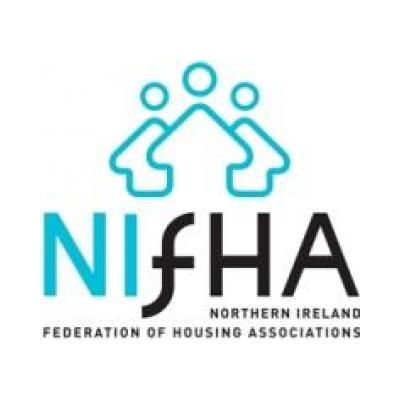The autumn statement
NIFHA welcomes the Chancellor’s announcement Northern Ireland is to get an extra £200m over the next three years to spend on public services.
We call on the Members of the Northern Ireland Assembly (MLAs) to encourage allocation of funds to the Social Housing Development Programme which would support the NI Executive’s commitment to delivering 8,000 social and affordable homes through the term of the draft Programme for Government and Investment Strategy.
NIFHA encourages the NI Executive to use the additional funds to offset the further deep cuts we are facing in 2012/13 and 2013/14, thus providing a steadier financial platform for the Social Housing Development Programme. Having an agreed budget with less fluctuation will help associations attract the necessary private finance to add to the public financial support and procure competitive long-term contracts with the construction industry. Another welcome consequence of increased investment in house building is the creation of jobs for construction workers and those in associated occupations which will have a knock-on effect on demand.
The Minister of Finance, Sammy Wilson MLA, hit the nail on the head when he commented: ‘If we put it into building local housing it is likely to have a far bigger multiple employment effect than if we decided to put it into computer infrastructure for a particular service.’ By encouraging investment in housing money will be put straight into the pockets of those employed to build them. Economists estimate that an additional £1 of demand for construction activity generates £2.84* of economic output through the direct and indirect multiplier effects associated with construction firms purchasing goods and services from other sectors, and construction sector wages and profits being spent across the whole economy. This is more than most other sectors**.
NIFHA’s Chief Executive, Chris Williamson said:
“Investment in housing is an investment in Northern Ireland. This is the sort of boost the Northern Ireland economy needs to help it recover during these difficult times. Our sector delivered a record volume of starts (2,418) in 2010-11 - resulting in a multiplier effect investment of over £650m in the economy.
“Housing associations give so much more to Northern Ireland than bricks and mortar through a wider role which impacts on community safety, social inclusion, digital inclusion, community development and encouraging low-carbon lifestyles. By backing our call for additional support to housing associations the NI Executive would be giving a superb boost to their Programme for Government”
Ends
Further Information
Chris Williamson
Chief Executive
T: 028 9023 0446
Notes
*Figures from a study commissioned by the UK Contractors Group (L.E.K Consulting’s ‘Construction in the UK Economy. The Benefits of Investment.’) suggest for every £1 invested in construction a further £2.84 is generated elsewhere.
**Investment in housing and its contribution to economic growth - Report prepared for Shelter 14 October 2011 by Vicky Pryce, Dan Corry, Mark Beatson of FTI Consulting
NOTES TO EDITORS
About NIFHA and our members
- NIFHA represents, promotes and supports housing associations in Northern Ireland.
- There are 30 registered Housing Associations in NI, all of which are members of NIFHA and a further six non registered associations are also members.
- Housing associations manage nearly 36,000 units of accommodation - over a quarter of all social housing in NI.
- Since 1998 housing associations have provided virtually all new social housing in NI.
- In the financial year 2010-11 housing associations achieved a record 2,418 starts.
- Collectively, since 1991 housing associations have taken out over £626.2million of private finance to assist with social house building.
- 21,000 households in NI have been assisted with purchasing their own homes through Co-ownership. In the financial year 2010-11 Co-ownership had 492 in contract to purchase and 121 homes where clients stair-cased to full ownership

